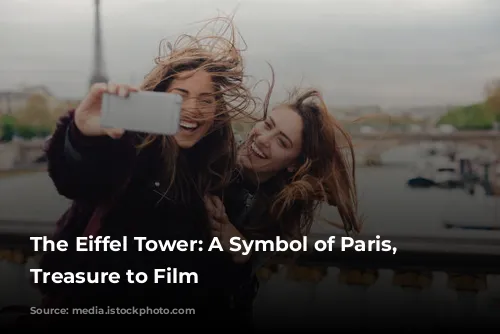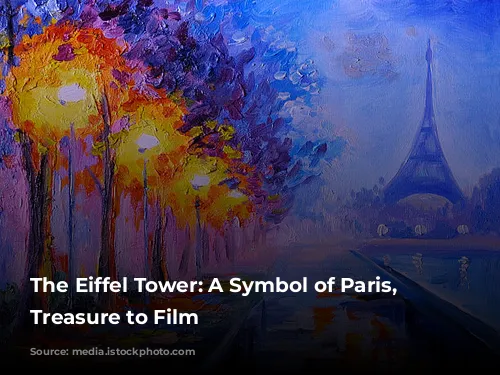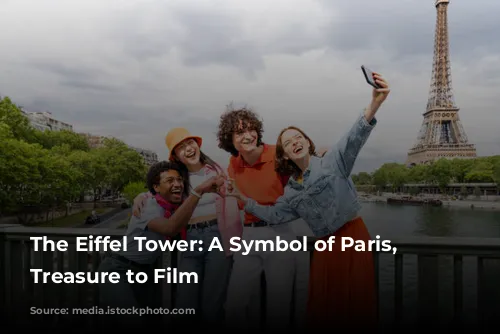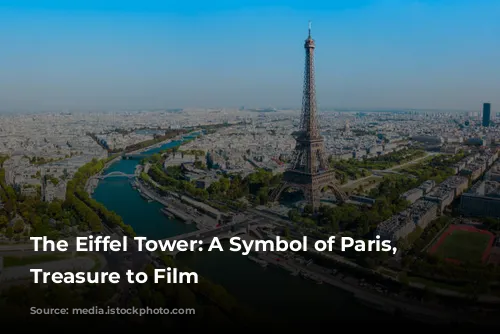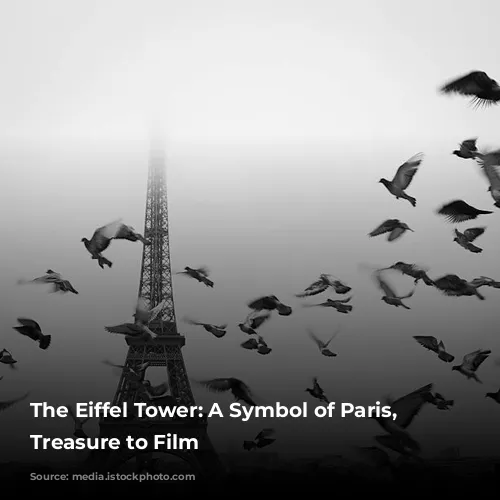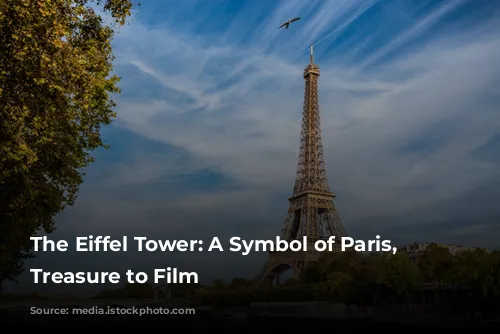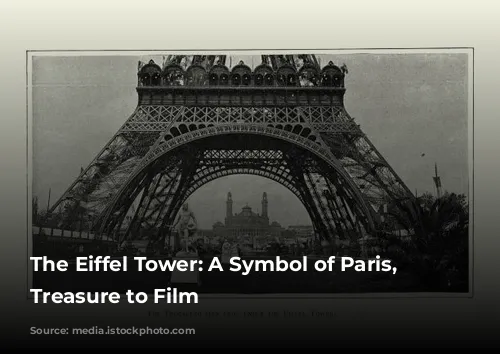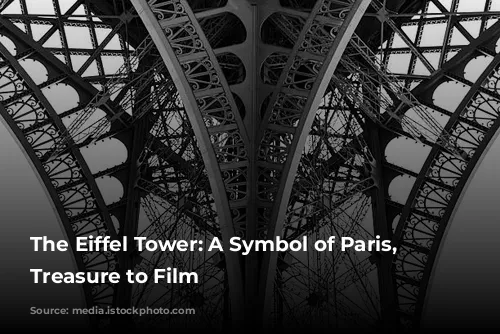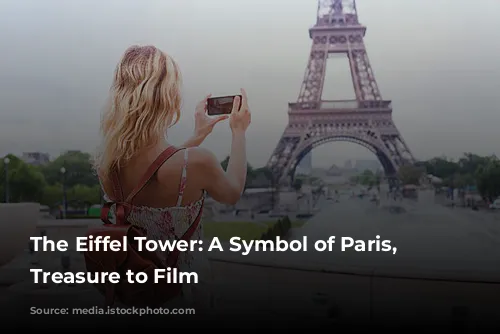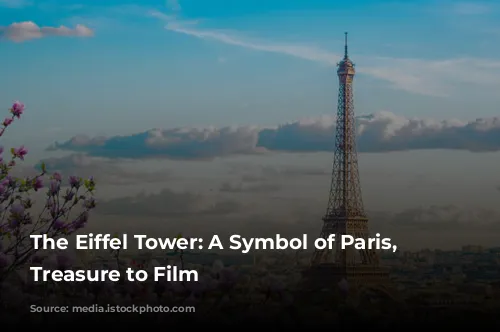The Eiffel Tower, a majestic symbol of Paris and France, stands tall as a global icon. Its mere presence sparks the imagination, attracting countless artists and filmmakers eager to capture its beauty on film.
The Eiffel Tower is not only a breathtaking sight but also a popular tourist destination, making it a common feature in photographs, paintings, and other works of art. However, capturing its image for commercial use requires a deeper understanding of the regulations.
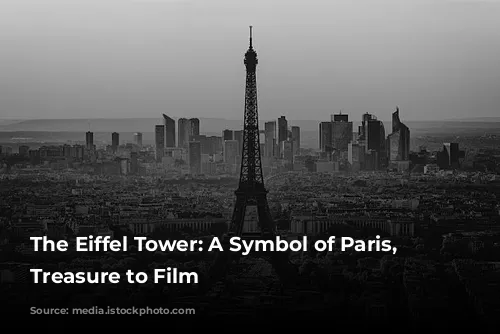
Filming the Eiffel Tower: A Detailed Look
The Eiffel Tower offers a variety of spaces for filming, from the spacious forecourt to the panoramic floors.
The Eiffel Tower team is dedicated to working with filmmakers to ensure their production meets the highest standards. They consider each project individually, taking into account technical needs and artistic vision.
This ensures the monument’s integrity remains intact while offering a fair and transparent pricing structure for filming.
Night filming requires special attention, as the Eiffel Tower’s illuminations are protected by image rights.
The specific conditions for filming vary based on the project’s nature. For example, journalists covering the Eiffel Tower can film during the day and night, usually in areas with minimal public interference.
The team also offers a dedicated service lift for equipment transport and ensures all technical and safety regulations are met.
Extending the Eiffel Tower’s illumination time is possible on a case-by-case basis, adding even more visual magic to productions.
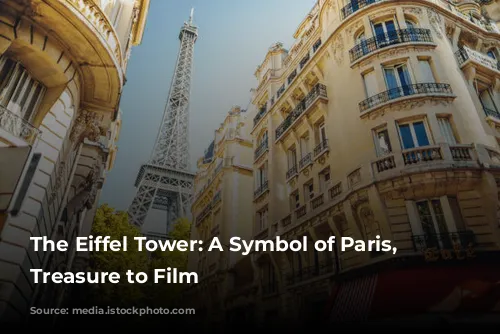
Image Rights and the Eiffel Tower: A Clear Understanding
The image of the Eiffel Tower during daylight hours is considered public domain. This means you can use it freely without needing prior permission. However, the Eiffel Tower’s various illuminations at night are protected. Using these images requires prior authorization from the SETE, the managing company responsible for the Eiffel Tower’s image rights.
Using the Eiffel Tower’s image for commercial purposes requires a license, with fees based on factors like intended use and media plans.
Personal photographs taken for private use do not require authorization. However, professional photographers must contact the SETE to learn about the specific regulations governing image use.
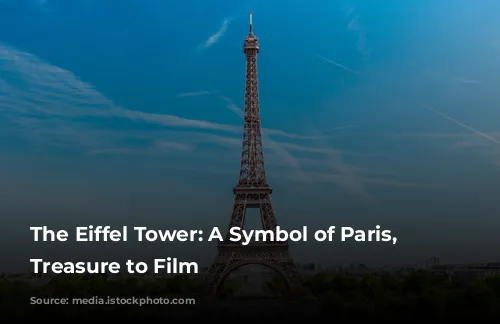
“The Eiffel Tower” Brand: Protecting a Legacy
“The Eiffel Tower” is a trademark and therefore protected by intellectual property law. This means using it for commercial products requires a licensing agreement.
The Eiffel Tower team reviews each licensing request individually, ensuring the brand is used appropriately and respectfully.
If you have any questions about using the Eiffel Tower brand, don’t hesitate to contact the SETE.
The Eiffel Tower, a symbol of beauty, history, and inspiration, offers a unique experience for those seeking to capture its magic on film. By understanding the specific regulations and respecting the brand’s legacy, filmmakers can create projects that both celebrate the Eiffel Tower and honor its legacy.
